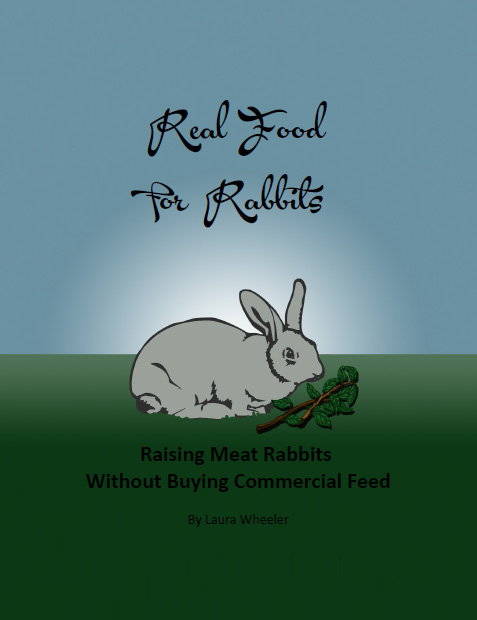What is a Squab?
Squab refers to a young unfledged Pigeon. In other words, a Pigeon that cannot yet fly. The word has come to refer specifically to very young Pigeons, less than 30 days old, which are large enough to be used for meat.
Now, before you go all teenaged girl on me saying "Ewww! How terrible! They eat baby Pigeons!", let's get this all straight, ok? Pigeons grow VERY fast. By the time they are butchered (yes, I said that word!) they are almost as big as the parents, they are feathered out, and only the flight feathers are significantly unfinished.
Not QUITE baby Pigeons. Not QUITE adult Pigeons either. But nothing like eating a baby chick at 18 days of age either! Not cute and fluffy.
The word "Squab" probably has Norwegian roots. Not coincidentally, so does the word "Squabbling", which is what people do over the issue of eating squab. But that isn't why they call it that. They call it that because Pigeons squabble a lot, over space, girls, food, the best place to perch, etc. A lot like teenage boys.
People didn't used to have a problem with eating squab. And in general, it is mostly people in the US who seem to have an issue with it now. It is eaten more commonly in almost every other country, and considered to be very good food. Even in the US, it has a long and honorable history, being the means by which many poor people survived, and one of the things which allowed some of them to climb out of the pit of poverty. Lest we have forgotten, climbing out of the pit of poverty is a GOOD thing.
So yes, I can defend the eating of Pigeons. Pigeons multiply very rapidly, and are very productive birds. When Pigeons are consumed by people, this becomes a benefit, and a blessing. When Pigeons are not eaten, and their eggs are not even eaten (yes, Pigeon eggs are good to eat), then Pigeons become a nuisance and a problem. It is pretty silly to exterminate them (that means kill them and throw them away... wasting them entirely) or sterilize them (very costly) and go to all that trouble and expense (tax dollars - one of the things that pushes people INTO the pit of poverty) trying to control them when it makes so much more sense to just use them as a renewable food source and appreciate the bounty.
Squab is served in many elegant (translate "expensive") restaurants, and can sell for hundreds of dollars a plate (who has that kind of money... really?). It is considered to be very tasty, tender meat. It cooks up rather reddish in color, so people often overcook it thinking it should go gray like other meats.
Squab weighs about a pound, and dresses out lighter. One squab makes a meal for one person. That makes it easy to calculate how many you need. They are a nice food to raise on a home farm, because they can be butchered quickly, the scraps make good feed for some of the farm animals, they produce good manure for the gardens, and they produce eggs, and even marketable feathers (if you know how to treat them). Pigeons become part of the synergistic economy of a polyculture farm.
They can be raised in a cost effective way by feeding them foods grown on the farm, and by using both eggs and meat. 32 breeding pairs take the same space as about a dozen chickens (though they will take more nest boxes). 32 breeding pairs can produce somewhere around 300 squabs per year. That's a lot of Pigeon Pie!
There is a reason why Squab has been so common through the history of mankind. The reasons why it was popular make a lot more sense than the reasons why it is no longer a common food in the US (mostly having to do with the commercialization of food). Raising it now could prove the means today of pulling many people from the pit of poverty that is swallowing much of our populace.
Raise your own squab and you'll never want for meat or eggs, and you might just find that you have a salable commodity on your hands as well.
Click to Download Your Free Heritage Pickling and Culturing e-Book Now!
Instant Download, NO Registration Required!






